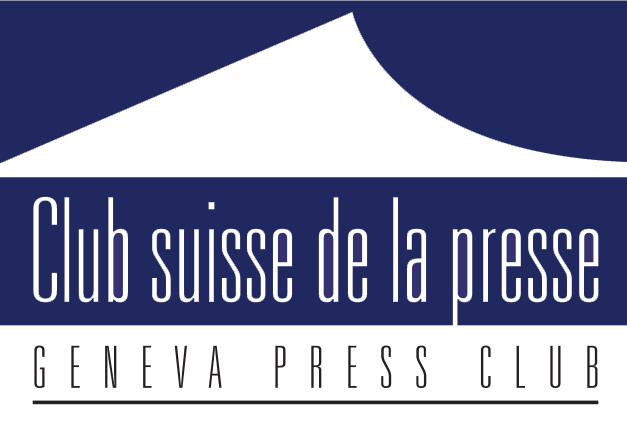Notes and quotes about the press conference : “Water: weapon of war or instrument of peace ?”
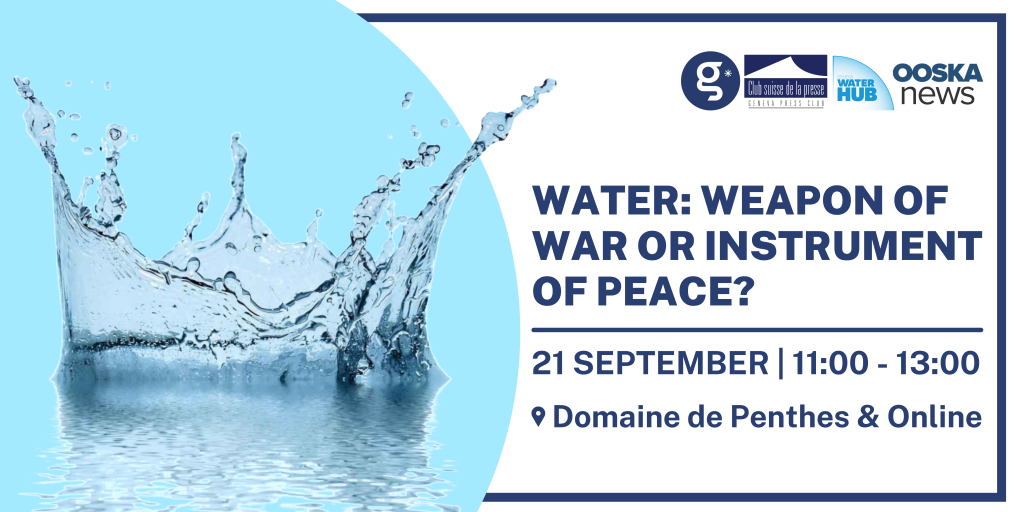
Notes and quotes about the press conference : “Water: weapon of war or instrument of peace ?”
Is water a weapon of war or an instrument of peace? This is the theme of a debate in two parts that the Swiss Press Club / Club suisse de la presse, together with the news platform Geneva Solutions and the Geneva Water Hub, a centre of the University of Geneva specialised in hydro-politics and hydro-diplomacy, tackled on the occasion of World Peace Day, on 21st of September. The two panels were moderated by Kasmira Jefford, Editor-in-Chief of Geneva Solutions, and Pierre Ruestsch, Executive Director of the Swiss Press Club.
Watch the full video :
They said :
By Luisa Ballin
Michael Møller, Former Under-Secretary-General of the United Nations
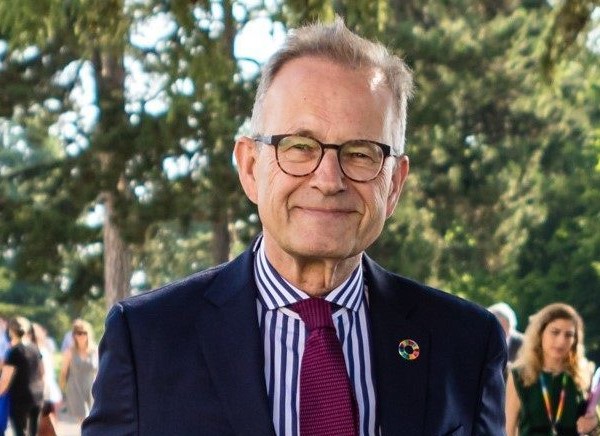
“Water is both, and profoundly foundational to human existence. It is less a question of war and peace than simply a matter of life and death”.
“I would like to highlight the central role played by women in local water allocation. They have a significant impact on their well-being and safety, and of their children and families”.
1st Panel: Water Security: How to prevent conflicts and preserve resources ?
Martin Chungong, Secretary-General of the Inter-Parliamentary Union
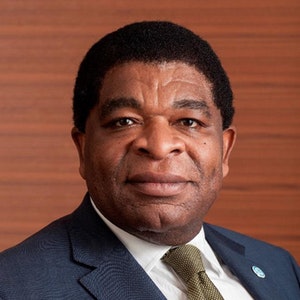
“Water can be an instrument of peace if we can make a partnership between science and policy makers, for instance parliamentarians. We have focus on those elements of potential strife such as water and try to transform them in elements of peace, for dialogue and cooperation between parties that are otherwise at each other’s throats”.
“We used scientific methods to increasing the water pile. Making water resources more available to the communities in need of water. The IPU Committee on Middle Questions has tried to identify solutions to build trust and confidence between Israelis and Palestinians”.
Monica Ramos, Global WASH Coordinator at UNICEF
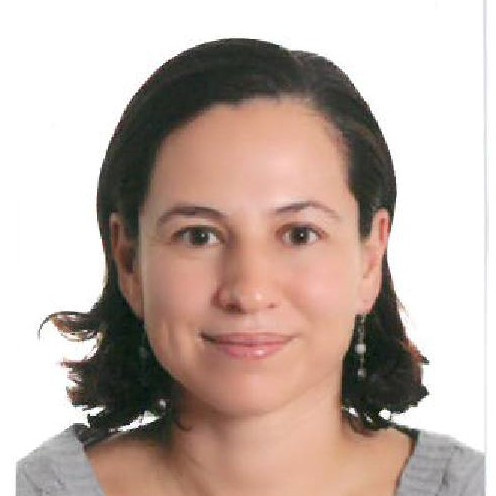
“We have seen in recent years an increase in conflicts in related emergencies where we are intervening. We have seen that children are under attack. These kinds of attacks are hindering their well-being, their access to water, to sanitation ».
“We have also seen the misuse of water and services during armed conflicts. We have seen a number of tactics that have been mistreated by parties during armed conflicts, deliberately shutting down water supplies or not allowing groups to have access to water”.
Patrick Youssef, ICRC Regional Director for Africa
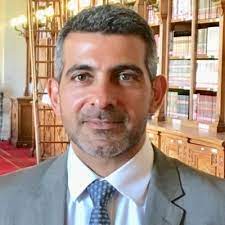
“Water is dignity. The social cohesion of certain communities is completely destructed. The importance of water has been quite central because it is one of the elements that can bring dignity of communities. One person told me: we need access to water and some protection”.
“400 million people living in Sub-Saharan Africa has no access to water! It is a global institution on water coming up with this alarming data. We need to start thinking of concrete solutions about bridging by emergencies to development, the nexus to building peace. We have a collective responsibility to do so as quickly as possible”.
Abdoulaye Sène, Co-President of the International steering committee of the 9th World Water Forum
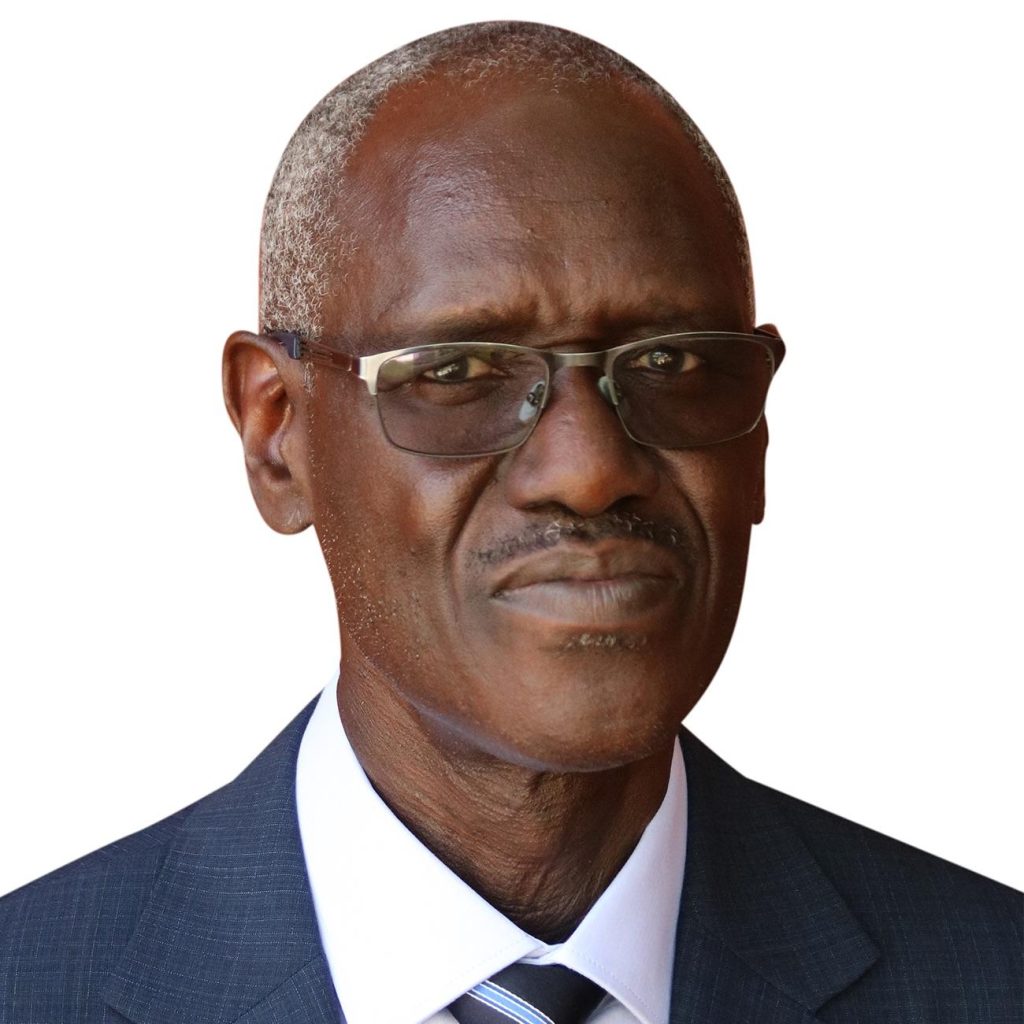
“How can we cooperate on water to make sure that people will be able to listen to each other and peace can be built around the of the use of resources? And we have to show it. even if you have political differences you should be able to talk around water and quick solutions for a lasting peace”.
“Access to water is difficult in some parts of the world, mainly in so called developing countries. We need to look at the reasons why water and sanitations, we need to link the two, we need to think wash and development How can water be an input to development? In most of the Sahel today, scarcity is economic scarcity, not enough resources to invest in people having access to water”.
Mara Tignino, Lead Legal Specialist for Geneva Water Hub
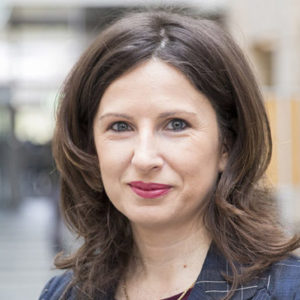
“Water can be used as a weapon of war. But it is also an instrument of peace and cooperation. Diplomacy around water can make peace between countries. The institutional dimension of relations between States and river institutions can be agents of peace between States but also between local communities”.
“There is also an environmental dimension of water. We have identified 25 principles based on International Humanitarian Law to protect water eco system and also the need to include water issues in peace agreements including trans-boundaries water”.
2ème débat : L’eau comme moteur de la paix dans la région du Sahel
Jean Bosco Bazié, Président de Eau Vive Internationale
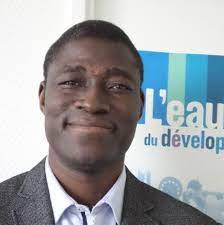
« L’eau est une ressource qui n’est pas infinie. Le Sahel est une des régions les plus touchées par les changements climatiques. L’eau peut être une arme de guerre, mais elle est un moyen de construire la paix ».
« Dans nos villages, tout s’organisait autour du point d’eau, qui avait un caractère sacré. La modernisation de nos sociétés a été en décalage avec nos sociétés. La situation s’est dégradée dernièrement. Le financement n’est pas adapté aux besoins en eau des populations ».
Général Emmanuel de Romémont, fondateur de Plus d’eau pour le Sahel
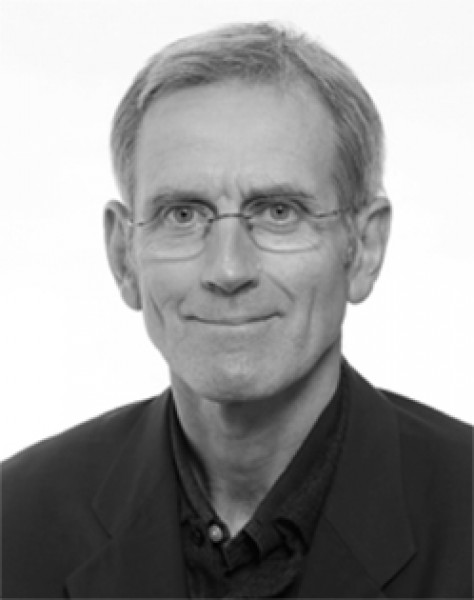
« L’enjeux est de fédérer. Il faut que lorsque les militaires se déploient dans un pays, il y ait le respect de l’environnement et de l’eau ».
« La clé se situe dans la convergence, dans la cohérence qui n’est pas structurée. Et arriver à coordonner tout cela. Il faut améliorer et transmettre la connaissance, travailler sur l’éducation et centrer la gouvernance sur l’eau. Et savoir pourquoi on investit si peu dans la question de l’eau. C’est un problème systémique ».
Baaba Maal, Chanteur et guitariste, ambassadeur pour la Convention des Nations unies pour la lutte contre la désertification
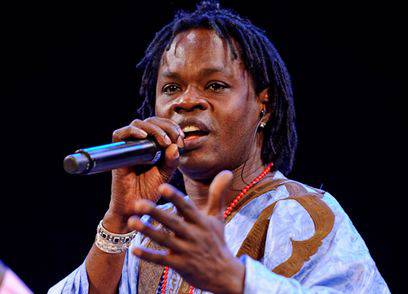
« La culture est là pour nous rappeler que nous devons vivre ensemble. Ce n’est pas facile de trouver des solutions concernant la question de l’eau ».
« Il faut impliquer les populations depuis le début et les informer, car elles ont l’expérience de la vie sur place. Elles vivent au-dessus des eaux souterraines ».
Marion Weichelt, ancienne Ambassadrice de Suisse au Sénégal, en Mauritanie, au Mali, en Gambie, en Guinée-Bissau et au Cap Vert
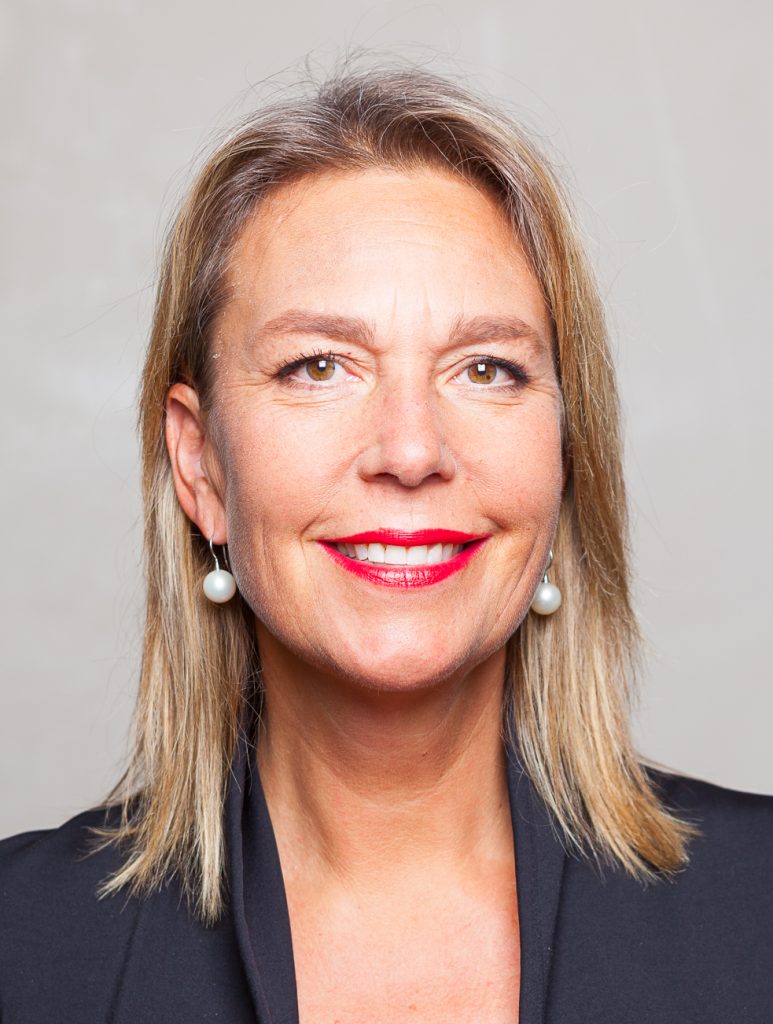
« La Suisse est active dans la question de l’eau un peu partout dans le monde ».
« La Suisse travaille aussi sur la question de la science et des eaux souterraines. Les compétences locales existent. Ce qui manque pour la gestion ce sont les moyens de financement de solutions nationales et régionales. Il faut construire et inclure les communautés locales ».
Dr Danilo Türk, Lead Political Advisor for Geneva Water Hub, Former President of Slovenia
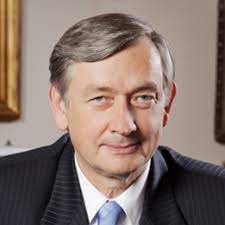
“In the Sahel region, the UN Security Council seems to be looking for solutions in the ways that our panel was looking at. Finding a way to understand the importance of coherence to bringing all levels of societies into the picture. To build more and decisively on the experience of the local experience of communities and culture that exist. That is the way to go”.
“In Geneva Water Hub, we have discussed to consider the importance of local languages. The importance of addressing the need of people through the way they express themselves in their languages. The importance of the aspect of culture that was lacking to build the coherence that was needed”.
